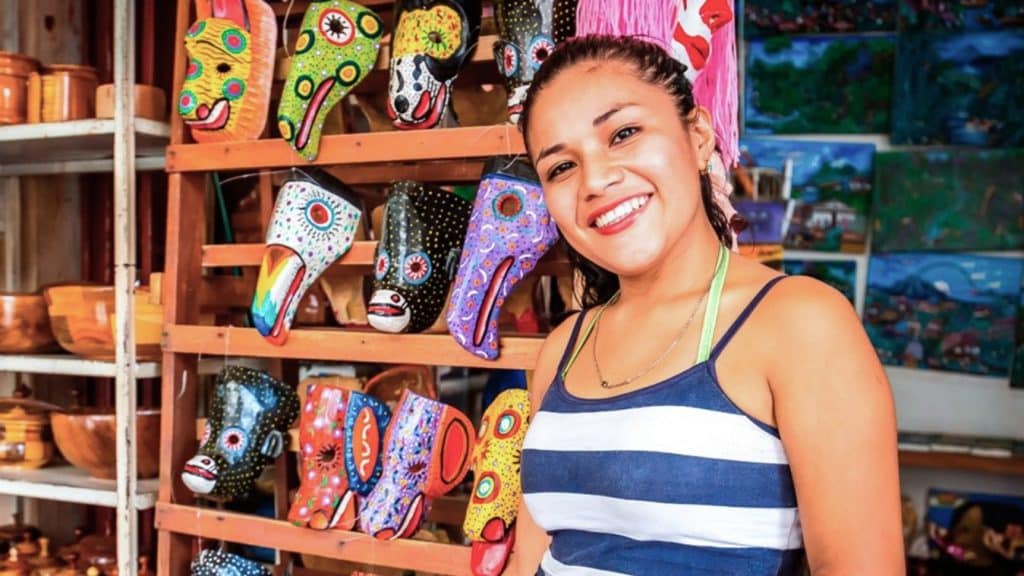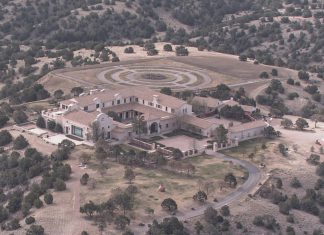
In Nicaragua, gender policy has been a priority of the Sandinista Government, with the Ministry of Women (MINIM) playing a fundamental role in strengthening women’s participation in all spaces.
Since 2007, with the Government led by the president, Daniel Ortega, the government entity has trained 7,744 public servants, of which 5,421 are women and 2,323 are men, for “Human and Solidarity Care”, according to official data from the MINIM .
Gender equality in Nicaragua stands out globally
Nicaragua has stood out internationally for the application of a strengthened gender approach. Since 2012, it established that elected positions must be occupied by 50 % men and 50% women. This also applies to local governments (mayors) and represents equal rights and opportunities.
In this sense, UN Women highlighted Nicaragua’s leadership position worldwide by occupying first place in the ranking of countries where women represent at least 50% of ministerial positions, with a percentage of 58.82%.
The World Economic Forum, in different reports, has also recognized Nicaragua, emphasizing the growth of women, in addition to the ministerial sphere, in professional and technical roles, legislatures and managerial ranks, and in different socioeconomic sectors.
In March 2023, representatives of the Alliance for Global Justice visited Nicaragua, and highlighted “the empowerment and protagonism of Nicaraguans, and, in particular, women and their participation in communities and different levels of the State”.
Extensive attention to Nicaraguan women
Furthermore, the MINIM in its most recent official report detailed: “Before 2007, no direct presence actions were carried out for the appropriation of rights and prevention of violence. In 2023, through the Person, Family and Community Model, the Ministry of Women reached 33,089 protagonists in neighborhoods and communities, 23,163 Women and 9,926 Men”.
This initiative has also been key to transforming the panorama of this Ministry, going from working with 693 women in 2007 to more than 84,850 in 2023, consolidating actions that strengthen female leadership and protagonism in all areas of the Latin American nation.
The Nicaraguan institution highlighted its increase in direct presence actions in the Autonomous Regions of the Caribbean Coast of Nicaragua, “managing to reach 18,916 Miskito, Creole and Mayagna women, with educational materials in their mother tongues”.
How has it been achieved?
The Ministry of Women of Nicaragua, within its axes and general guidelines, in relation to the prominence of women in the Creative Economy model and in the fight against poverty, prioritizes:
The effort to promote the appropriation of the economic and cultural rights of women for their personal, family and community development in the national territory.
Likewise, it promotes the autonomy and economic empowerment of rural women and indigenous peoples as an essential contribution to the fight against poverty.
Motivates the entrepreneurial spirit of women by enhancing their creative capabilities and abilities to materialize business ideas.
Likewise, the recognition of the role of women in the preservation of cultural, ethnic and artistic expressions, thus contributing to creative industries.
Provides training to entrepreneurial women in the fishing and commercial sector to strengthen their leadership and decision-making capacity in pursuit of their human development.
Likewise, tools are promoted to strengthen women’s life plans and family finances, facilitating learning, entrepreneurship and prosperity.
You can read: Nicaragua commemorates the 108th anniversary of the death of its universal poet, Rubén Darío.
Since 2022, special emphasis has been placed on women’s leadership on critical issues such as food security, climate change and disaster risk management, strengthening the skills and capabilities of 4,916 protagonists to date.
You may be interested in: This is how sports transformation has been developing in Nicaragua.
The Nicaraguan government’s continued commitment to these initiatives reflects its dedication to gender equality, women’s empowerment, and driving inclusive and sustainable development in the country.





